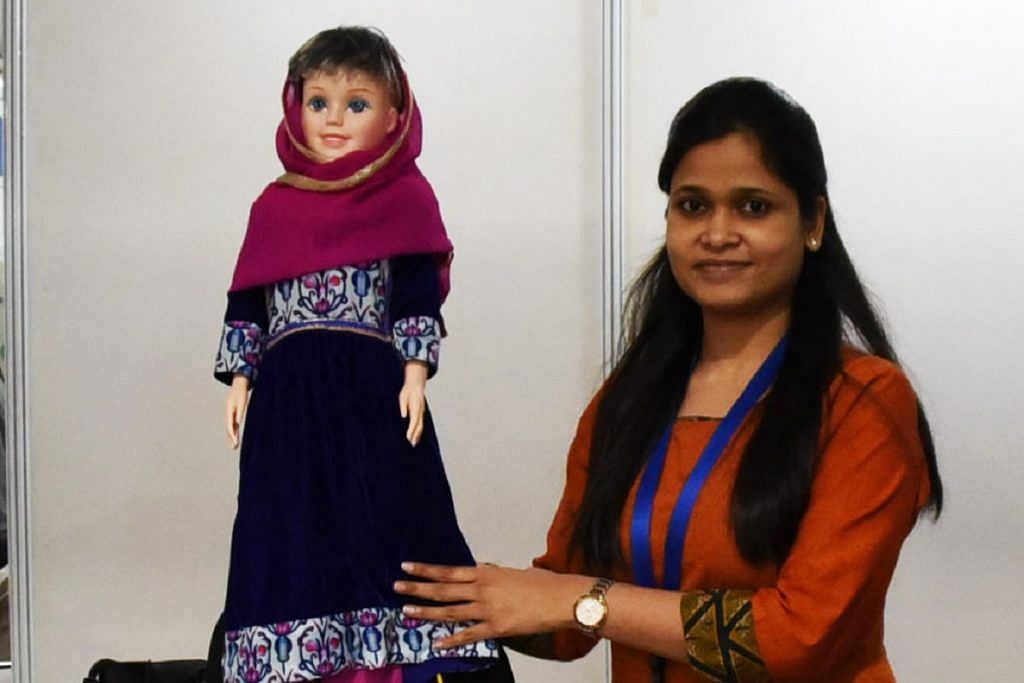The MIRA-AFIA doll provides care to pregnant women who don’t have access to it; it monitors their health and advises owners in Pashto or Dari.
New Delhi: There’s a new way to ensure better maternal and child welfare in remote conflict areas like many parts of Afghanistan – and it’s in the shape of a talking doll developed by an Indian company.
The MIRA-AFIA doll, as it is called, is built to provide pregnancy care to Afghan women who don’t have access to pre- and neo-natal care.
Developed by ZMQ Development, MIRA is a mobile phone-based health monitoring system which gives information to women through mobile phones in low-resource settings. Now, to extend their reach to inaccessible areas, MIRA has been integrated into an innocuous-looking doll, so that it does not arouse suspicion, and to appear commonplace.
“We wanted to take our innovation where it is needed,” said Ayushi Singh, programme manager at ZMQ Development, a Delhi-based not-for-profit organisation. “Some families in Afghanistan can be conservative, and do not want strangers entering their homes regularly and treating pregnant woman. That’s where MIRA-AFIA can help.”
The doll speaks to its owner in either Pashto or Dari, and offers advice and instructions on how to care for both the pregnant woman and her child. The doll is equipped to sense a high-risk pregnancy through a device that asks questions and captures the answers through the click of a button. This information is then collected and updated on the MIRA server on a weekly basis, which allows community health workers to monitor the pregnancy and intervene when needed.
The programme relies heavily on the Community Health Worker programmne run by the Afghanistan Institute of Learning. It works at the village level, and has local healthcare workers who are trained to give first aid, work with malnourished children, etc. These health workers also travel to nearby areas to dispense medical advice, and whenever they can’t travel to certain households, MIRA-AFIA takes their place.
“In Afghanistan, there are several security threats. Certain areas are high-risk, where the community health workers cannot travel regularly,” said Singh.
Currently, out of the 2,000 dolls built for Afghanistan, 1,450 are in supply, largely in Herat province. Projected to cost only Rs 600 per doll when mass produced, ZMQ Development also plans on taking MIRA to Uganda, where the company is currently testing the waters with 500 dolls.
The MIRA programme was introduced in Mewat, Haryana, and has reached thousands of rural women. The project is funded by the Millenium Alliance, which has partnered up with organisations like FICCI and USAID.
